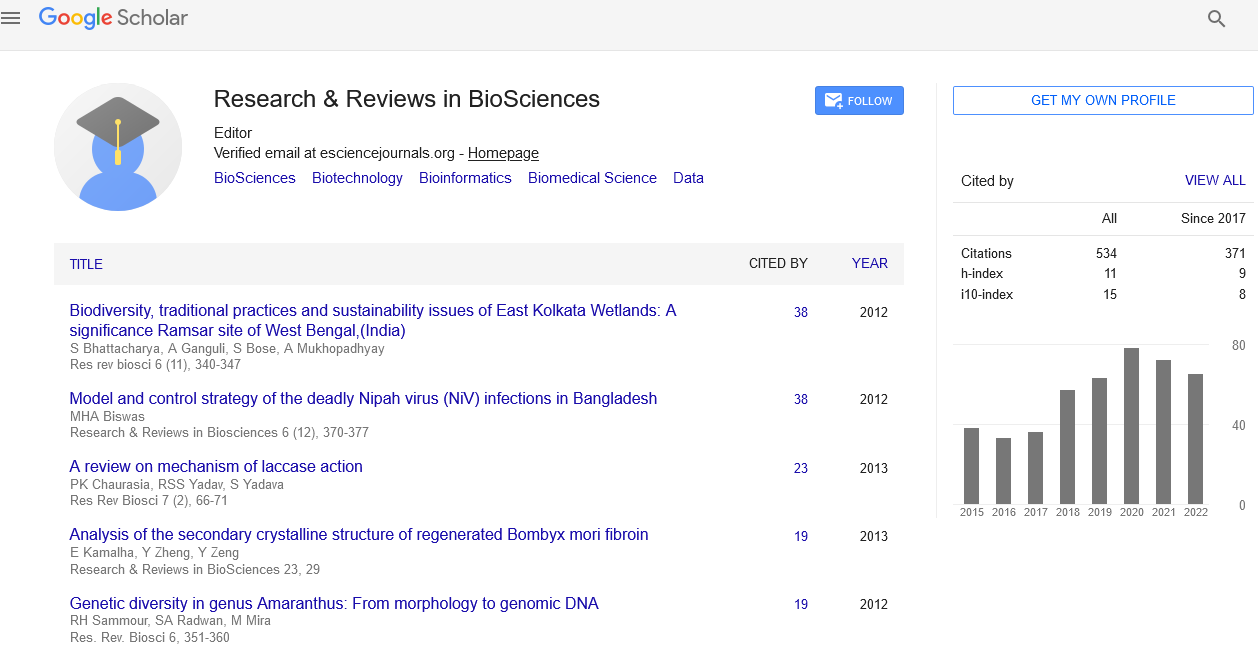Abstract
Stable Isotopes Track Spatio-temporal Patterns Of Nutrient Allocation In Postpradial Pit-vipers
Author(s): Marshall D.McCueThis study was conducted to investigate spatio-temporal patterns of exogenous nutrient allocation in three sympatric North American pit-vipers. Snakes were fed mouse meals artificially labeled with 15N L-Leucine and 1-13C D-glucose. At various time periods following ingestion of labeled mice (i.e. 0, 48, 96, and 144 hours), snakes were sacrificed and the isotope signatures of several tissues were quantified using isotoperatio mass-spectrometry. The results of this study revealed that the three snake species demonstrated similar patterns in background isotope signatures. Cardiac muscle exhibited the highest 15N enrichment whereas skeletal muscle was the most deplete in 15N. Adipose tissue showed the lowest enrichment of 13C whereas skeletal muscle had the greatest 13C enrichment. Tissues of postprandial snakes consuming labeled meals exhibited increases in 15N and 13C over time, but no changes in C:N ratios of postprandial tissues were observed. Exogenous amino acids were found at the greatest levels in hepatic and lower gastrointestinal tissues followed by cardiac muscle and upper gastrointestinal tissues. Absorbed amino acids were allocated at the lowest rates to skeletal muscle and blood cells. Interestingly, the two rattlesnake species preferentially allocated 13C-glucose to hepatic stores whereas copperheads apparently allocated 13C to adipose stores. This study illustrates the potential utility of isotopically labeled physiological fuels to examine dietary allocation strategies in animals and promises to benefit forthcoming investigations into the dietary physiology of animals as well as those quantifying stable isotope flux among ecological food webs.
